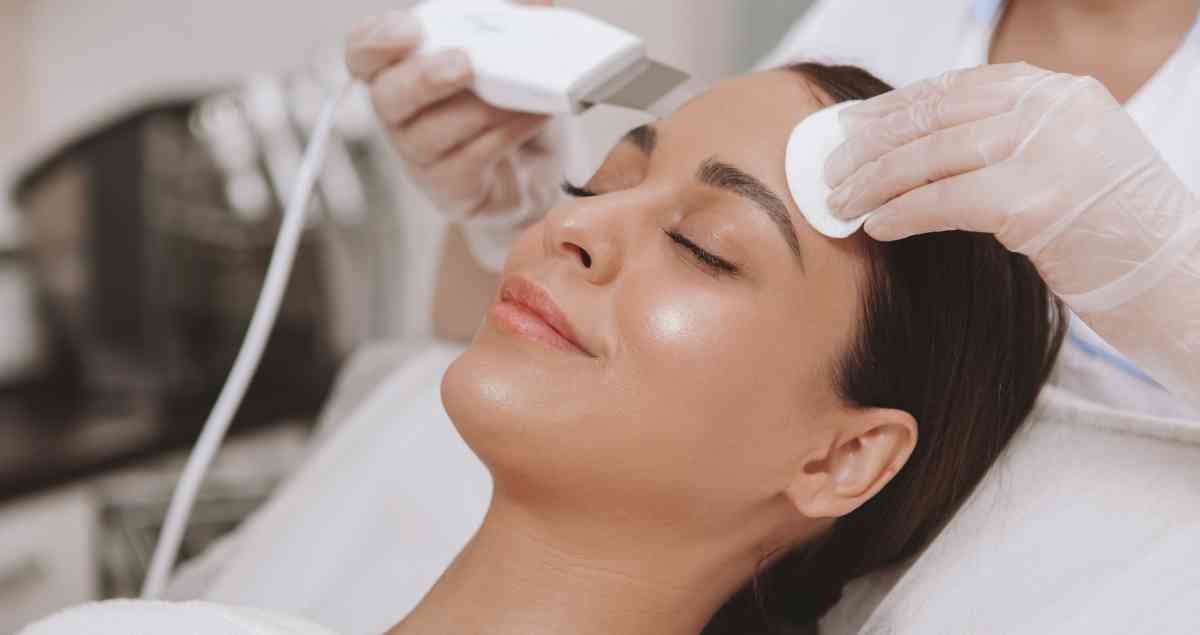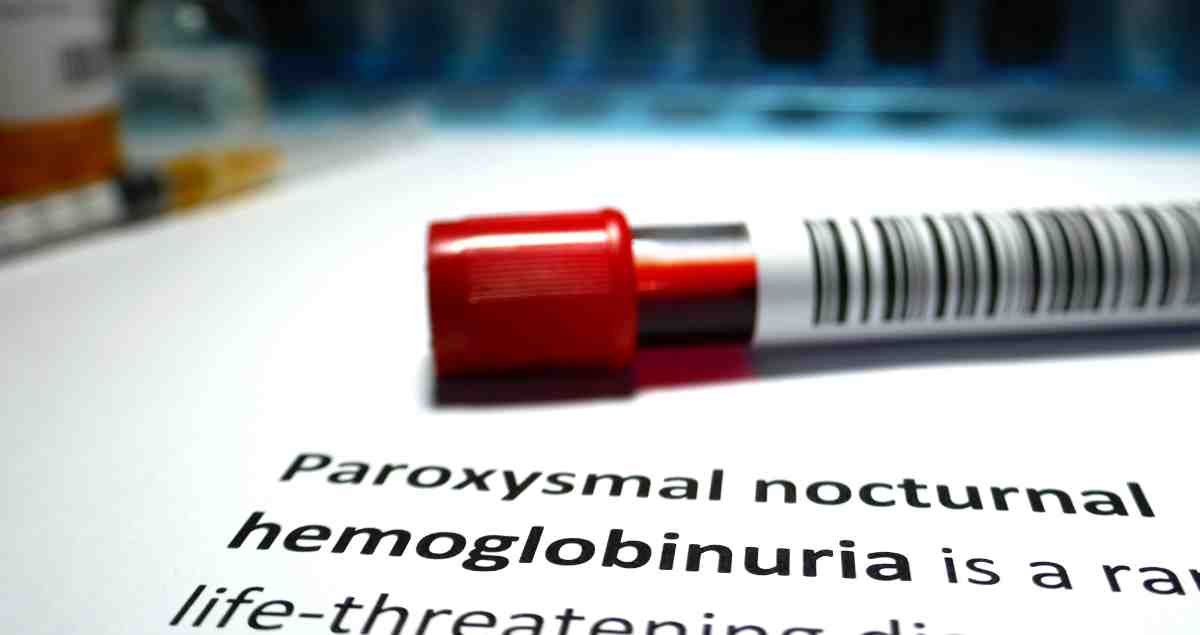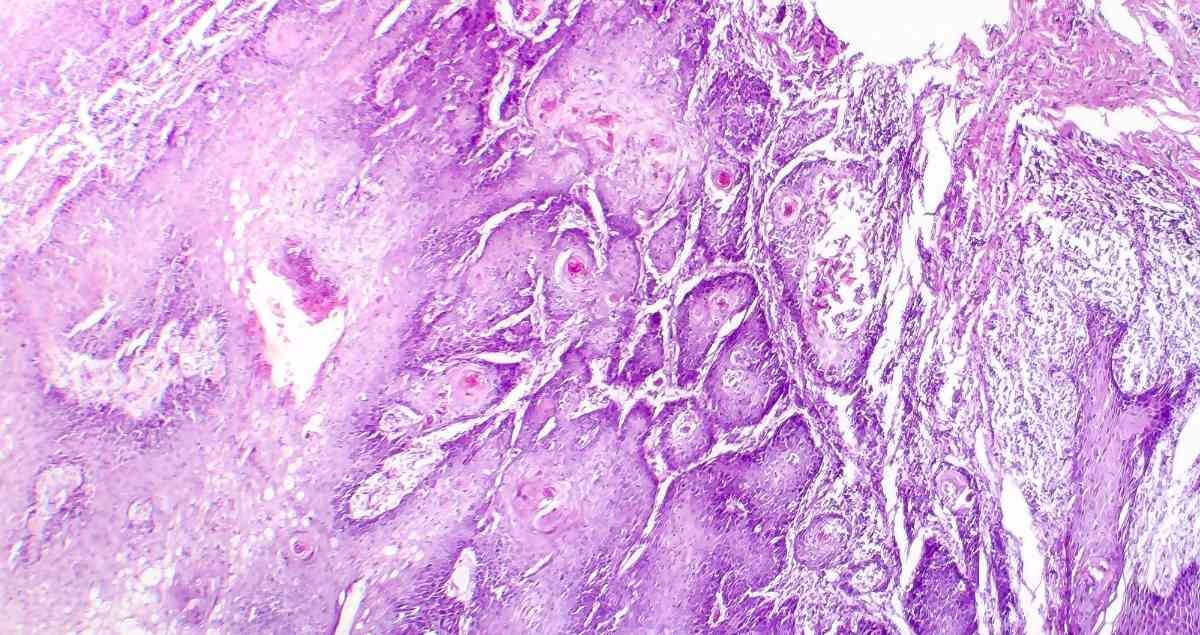
Ulcerative Colitis Treatment (UC) represents a chronic condition that falls into the group classification of inflammatory bowel diseases (IBD) presenting difficulties are not for only physical wellness but also for the mental and psychological development. This comorbidity is frequently mistakingly to Crohn’s disease due to a complete list of common symptoms, but it is a different version within IBD-spectrum. In this blog, we will elaborate on the therapeutic universe of ulcerative colitis, highlighting the role of integrated healthcare, novel medicine breakthroughs and how to take control of the disease.
Understanding Ulcerative Colitis
Ulcerative colitis is distinguished by inflammation and ulcer formation over layers of the rectum and the colon. While milder Crohn’s disease may affect any part of the gastrointestinal tract and involve various layers of the bowel wall, ulcerative colitis (UC) is confined to the colon, with a primary focus on the mucosa and submucosa. Symptoms will likely be as follows: abdominal pain, frequent and urgent bowel movements, blood shown in stool, and tremendous weight loss.
The Importance of Accurate Diagnosis
To provide a suitable therapy for UC patients, one must differentiate it from Crohn’s disease (CD) and other forms of IBD apart from them. Despite this, what workers and nurses go through is extremely different from what patients experience. Nurses and doctors treat people with mild symptoms, such as diarrhea and abdominal pains, but because these are the symptoms that come with public health problems, they experience more stress than worker experience. Thorough diagnosis through colonoscopy, imaging fiber optics and biopsy is required for the determination of UC and the exclusion of Crohn’s disease and other conditions.
Current Treatments for Ulcerative Colitis
The fundamental objective of UC therapy is to cause induction and maintenance of remission, decrease the number of relapses and to improve the quality of life. Treatment options vary based on the severity and extent of the disease and can include:Treatment options vary based on the severity and extent of the disease and can include:
- Medication: The cornerstone of UC treatment involves medicine for ulcerative colitis, which may include aminosalicylates, corticosteroids, immunomodulators, and biologics. These medications aim to reduce inflammation in the colon, heal ulcers, and prevent flare-ups.
- Biologics and Targeted Therapies: This newer class of medications targets specific pathways in the immune system involved in inflammation. They can be particularly effective for patients who do not respond to conventional treatments.
- Diet and Lifestyle Changes: While diet does not cause UC, certain foods and stress can trigger symptoms. A balanced diet, rich in nutrients, and tailored to individual tolerances can help manage symptoms and maintain overall health.
- Surgery: In severe cases, where medical therapy does not bring relief, or if there are complications like cancer, surgery may be necessary. The most common surgical procedure for UC is the removal of the colon and rectum (proctocolectomy), with the creation of an ileal pouch-anal anastomosis (IPAA) or an ileostomy.
The Role of Comprehensive Care
Managing UC involves not only the fight against physical symptoms, but also the treatment of general conditions that lead to ulcerative colitis. Besides the physical harms, the mental conditions are no less important and can be an cause anxiety, depression and isolation. Assisting patients with this condition should be comprehensive and professional that include group counseling, psychotherapy, and information about the disease. These critical factors will improve the lives of these patients.
Advances in Ulcerative Colitis Treatment
IBD treatment is increasingly becoming a research area that broadly focuses on new drugs and substances that might eventually lead to a cure. Recents discoveries concerning genetic and environmental components enhancing the understanding of the pathogenesis of UC have set the stage for individualized medicine, enabling the development of drugs adjusted to characteristics of one’s disease and their particular needs.
Conclusion
Today’s era of inflammatory bowel disease therapy requires a delicate balance of treatments and care as inflammatory colitis, a main condition in this spectrum, leaves us with no other choice. Having a complex set of symptoms that can be easily confused with Crohn’s disease, initial correct Medical diagnosis is one of steps towards proper treatment. From these, medical treatment will be integrated with the lifestyle changes which will finally result in a comprehensive support for the management of this complicated ailment. With progress in research, there is also a hope for more precise and successful therapies, which seems, in the meantime, a target to the ultimate destiny: an ulcerative colitis cure.









